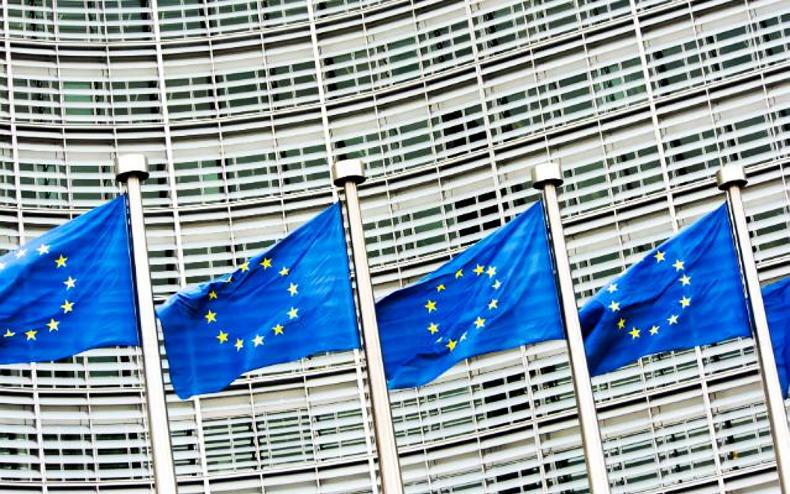The European Council has decided to open accession negotiations with Ukraine and Moldova, which could result in both countries becoming EU members, president of the council Charles Michel has announced.
Once negotiations and reforms have been completed, an accession treaty is finalised, which needs to be ratified by all existing EU member states and the country itself before the country can join the EU.
An Taoiseach Leo Varadkar said the move is significant and that talks can now begin with both Ukraine and Moldova to join the EU.
“It will be a big boost for morale to know that Europe believes their rightful place is with us in our common home,” he said.
Farming supports
Ukraine is one of the world’s top agricultural producers and has long been known as the breadbasket of Europe, because of its massive supply of grains and oilseeds to European markets.
European Commission data from 2020 states that Ukraine’s agriculture sector is dominated by large farms and agri holdings, with about 70 agricultural companies operating 25% of the arable land through cereals and oilseeds.
“On the other side, it is estimated that 900,000 unregistered smaller or family farms produce crops with higher added value for local markets and generate most job opportunities in rural areas,” it stated.
If Ukraine was integrated into the bloc, its farmers would also receive supports under the Common Agricultural Policy (CAP) and it would likely become the largest recipient of direct payments.
Membership
Both countries are official candidates for membership of the EU since 2022.
Russia’s invasion of Ukraine in 2022 resulted in Georgia, Moldova and Ukraine submitting applications for EU membership.
A country can become an official candidate once it meets basic political, economic and reform criteria.
It can then start formal negotiations on 35 chapters covering many different policy areas with the EU, including agriculture.
Future
Accession negotiations in agriculture focus on the procedures for future direct payments, support for rural development and the need for transitional measures to allow for integration into the EU, taking into account the specific circumstances of the agricultural sector in each country, the European Commission has said.
“A large number of binding rules and their effective enforcement by an efficient public administration are essential for the functioning of the CAP.
“This includes the laws governing management systems, such as a paying agency and the integrated administration and control system, and also the capacity to implement rural development actions.
“EU membership requires the integration of a range of agricultural products, including arable crops, sugar, animal products and specialised crops, into the common organisation of the market,” it said.






 This is a subscriber-only article
This is a subscriber-only article











SHARING OPTIONS: